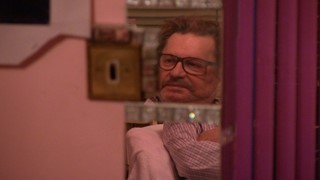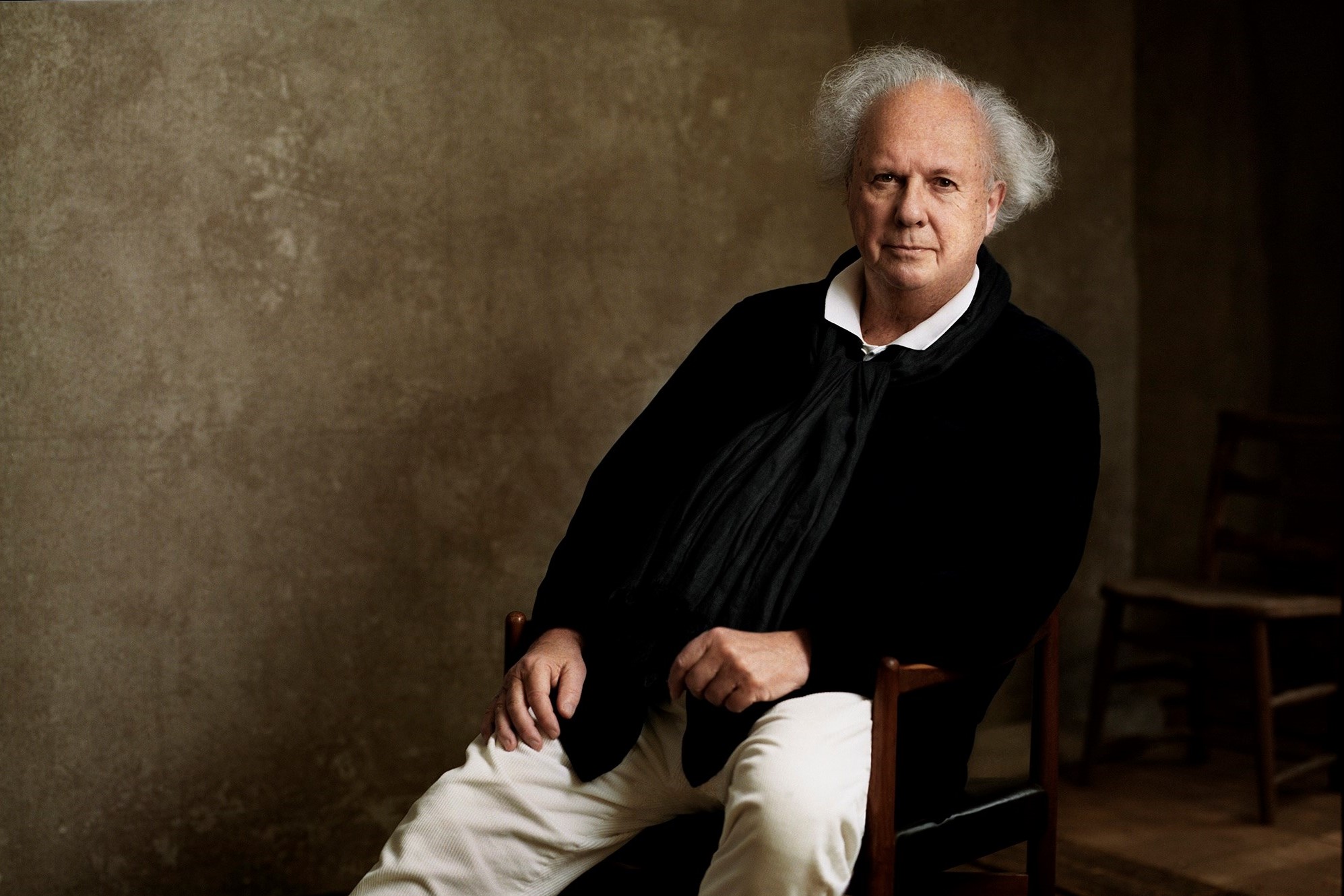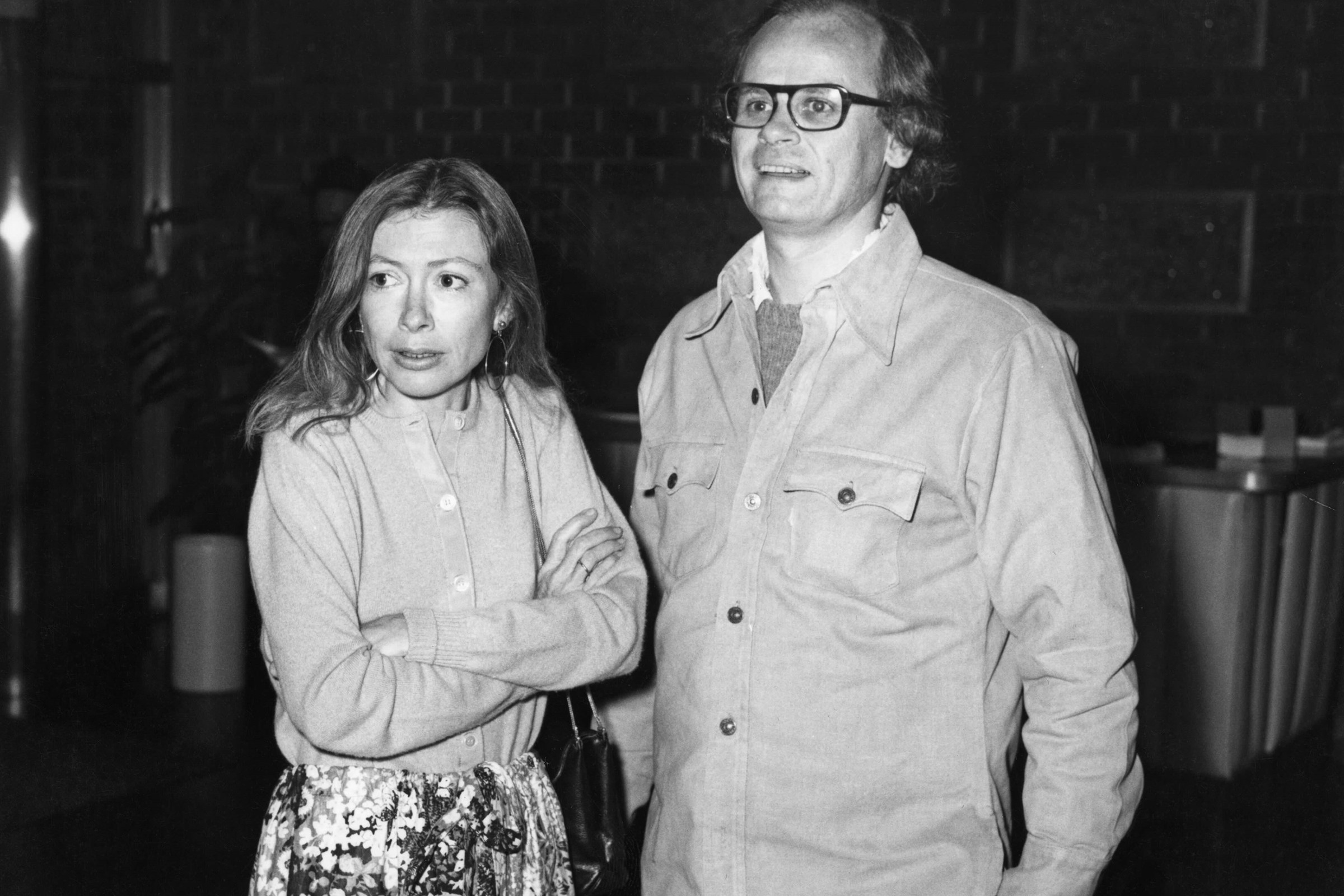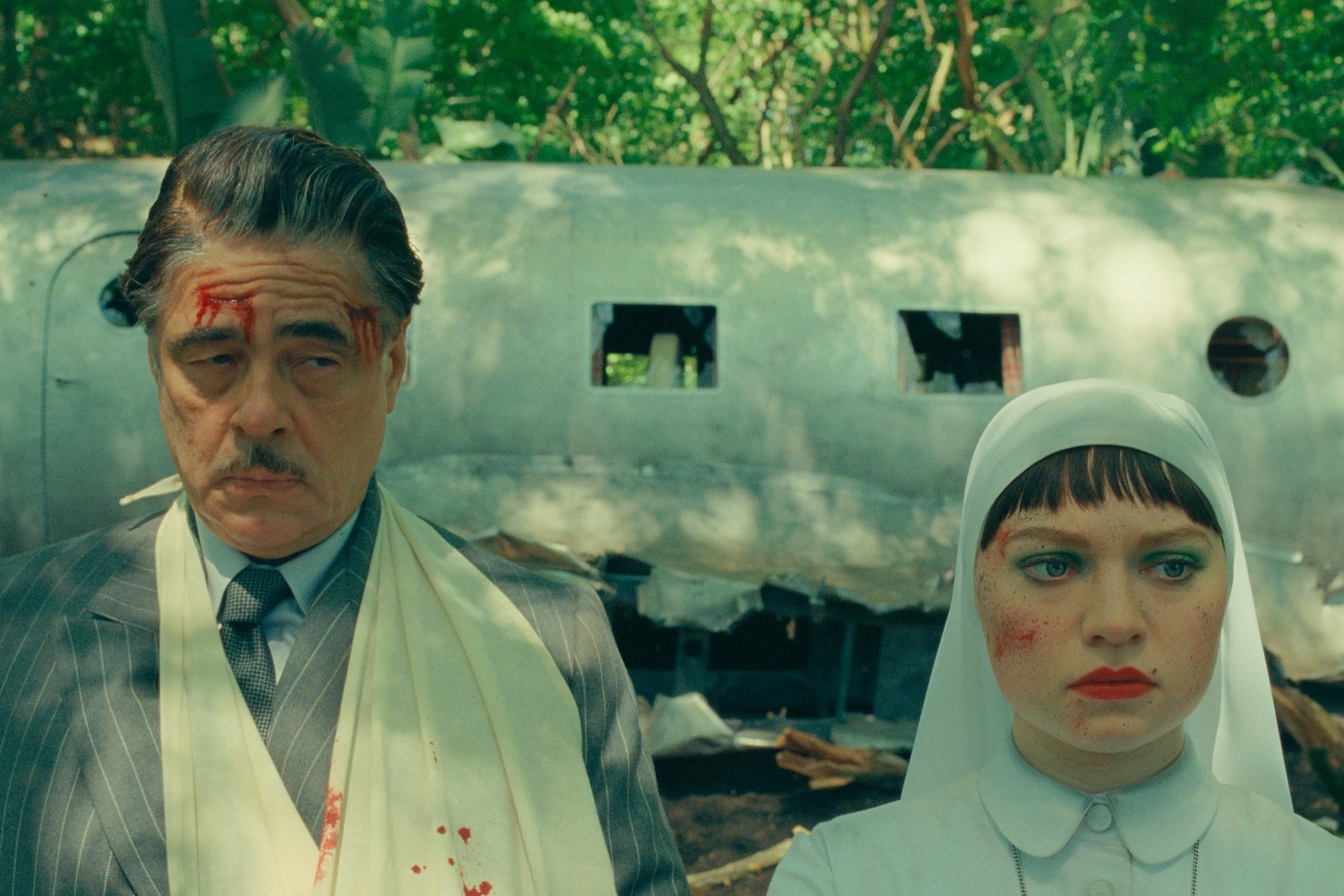Ahead of its screening at London's Open City Documentary Festival, we speak to director Andreas Horvath about his acclaimed film, Helmut Berger, Actor
There has always been an air of reverence surrounding cinema’s pre-digital age and its timelessly glamorous protagonists. Before the Internet and social media gave us access to the inner-thoughts, eating habits and work-out routines of celebrities, there was a mystery and otherworldliness to these beautiful beings and their jet-set lifestyles that was tantilisingly intangible. But, just as cinema is the maker of stars, it is also the breaker, its intolerance of ageing and fading looks imposing upon actors a definitive sell-by date. But where are these one-time gods and goddesses – whose youthful faces and bygone fashions remain an endless source of Instagram fodder – now that old age has engulfed them and Hollywood has largely disposed of them?
That’s just what Austrian director Andreas Horvath set out to discover when he resolved to make a documentary about his acting hero and fellow Austrian, Helmut Berger – the long-term lover of Italian director Luchino Visconti, who gave the handsome young actor his first role in 1967 film Le Streghe (The Witches) and many others thereafter. A fan of Berger’s Visconti films ever since he was a teenager with acting aspirations of his own, Horvath eventually persuaded the actor to star in his doumentary, spending a turbulent year in his company, which involved regular visits to his run-down, two-bedroom apartment in Salzburg and a tension-filled trip to St. Tropez.
Post Visconti, Berger would also go on to star in The Godfather III and hit American TV series Dynasty, but in spite of racking up an impressive filmography, he is arguably at his most riveting and complex when playing himself; Horvath’s resulting film, titled Helmut Berger, Actor is an extraordinary portrait of an extraordinary character. Berger, while at times insecure and affable, is frequently prone to hypermanic fits of rage, which result in tragicomic, King Lear-scale delusions of grandeur. He frequently, and scathingly, suggests that Horvath make a documentary about second rate actors – poor old Thomas Frisch crops up a lot – who would make a more fitting match. But during these ramblings, as well as on lengthy messages left on Horvath’s voicemail, and (more explicitly) while masturbating in the director’s presence, he also exposes a deep-rooted need for love and affection.
“The so-called objectivity of a documentary does not interest me so much,” Horvath tells AnOther ahead of the film’s screening at London’s Open City Documentary Festival tonight. “You have to be true to yourself and how you see things; that’s when documentaries become interesting.” And this is exactly what makes this film – picked by maverick filmmaker John Waters as his favourite movie of 2015 – so brilliant; it is funny, sad, shocking and excruciating in equal measure but inexpressibly moving in its intimate and subjective approach.
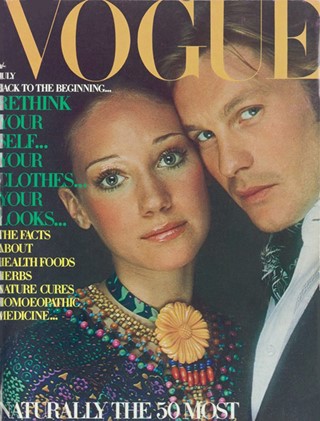
On first encountering Berger's work...
“Since my early teens I adored Helmut Berger in Visconti’s films, especially Ludwig II. Back then I wanted to be an actor, so for me he was like an idol. So basically it all started from the desire to make a portrait about an artist I adored. Though I have to say I also adored him for his excesses, for just not giving a shit about the public opinion.”
On deciding to make the film...
“In my early twenties I wanted to make a photo book about Helmut Berger. It never materialised. In hindsight I am glad it became a film, because a film allows you to explore the more complex contradictions of a character. Of course I knew it would be extremely difficult to work with him, but in my films I like to look into things I don’t quite understand: ambiguities, dichotomies, hypocrisies. It’s not just what people say, but how they say things, with which intention, in which context. Film is a very good medium for these subtleties and Helmut Berger is a very good subject.”
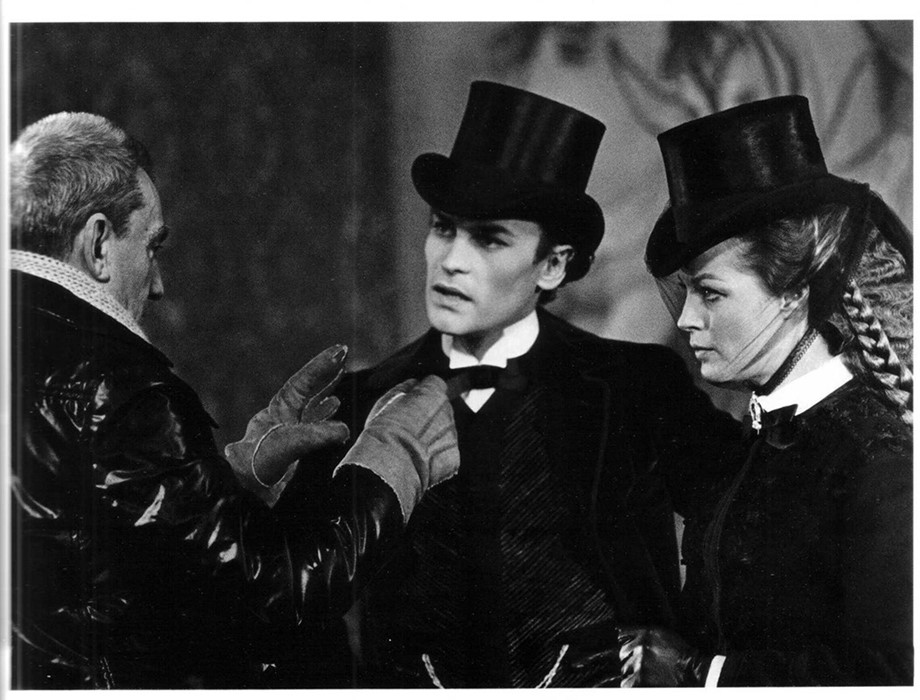
On Berger’s sexual interest in him...
“I wasn’t aware of it from the start, but it soon became very personal and I decided to go along with it. So sometimes the film feels more like a tragicomedy or a farce. It is currently being adopted as a theatre play in Italy.”
On the meaning behind the film’s title...
“The title is like the front side of business card: HELMUT BERGER, ACTOR. Of course Helmut Berger would be the last person on earth to be walking around with business cards or appreciate even the concept of business cards. He is above that. Everyone knows who he is, he does not need business cards. But is he famous for his looks, for his past with Visconti, for his excesses? Or for being an actor? Why is this relevant? Because I think Berger himself is caught up in this dilemma. We are never quite sure how much he is acting or not, but throughout the film you get the sense of this looming outburst, the sudden release of tension, the falling of the mask – which eventually happens in the last scene when he masturbates in front of the camera.
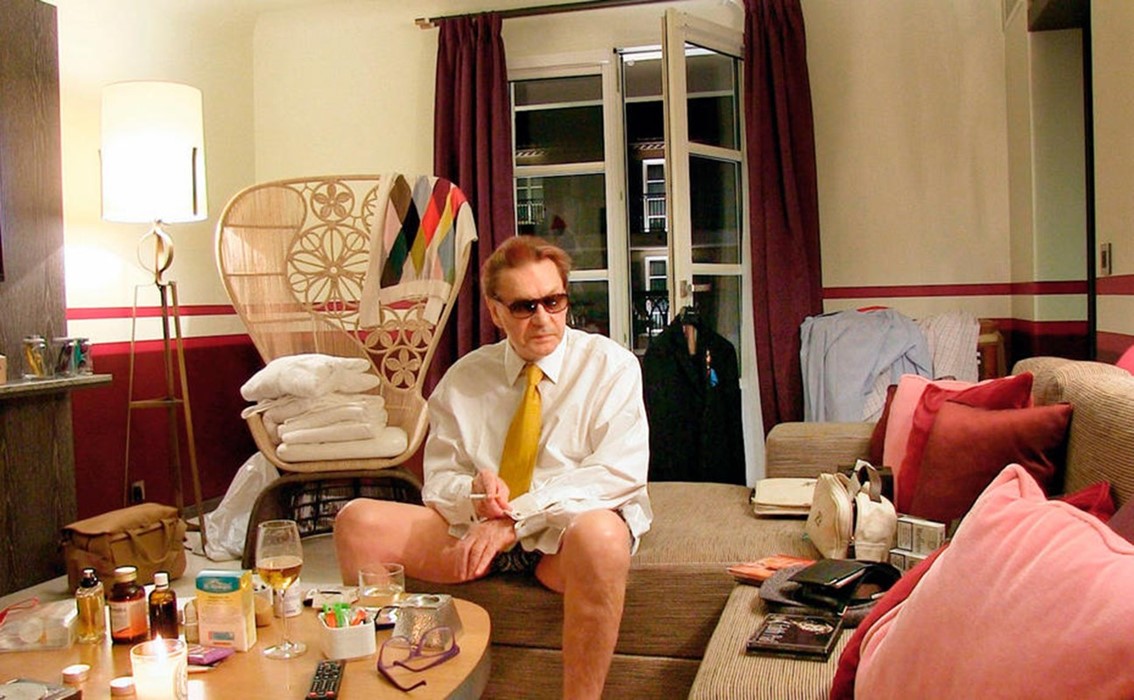
“In this scene too we cannot be sure how much of his screaming and moaning is exaggerated or acted, but there is the orgasm, and the ejaculation as proof of it. The orgasm cannot be faked. It’s what you call the ‘money shot’ in porn films. And all of a sudden, at the end of the film, there is Helmut Berger lying in his bed, half naked and vulnerable, but content and happy, like a newborn child. And you think: ‘So this is what it was all about!’ It is the ‘Rosebud’ moment of Helmut Berger. It actually was the last thing I shot with him. After that I felt no need to continue and gather more material. And it was not staged or planned. So I am not sure what it actually means when he says he loves me, but I think the last scene is very revealing.”
On their relationship since the film...
“Helmut is very friendly and mellow now. He totally changed his attitude towards me after he had seen the film. I watched it with him in his apartment. It was a surreal and touching moment to watch him watch himself on TV watching TV in the very same room. It was like this endless repetition of an image you get when two mirrors are aligned in a certain way. He liked the film, commented on it a lot and wanted to see it again right after it was finished. I think the shooting period was tough for both of us and he was relieved when he saw the final product.”
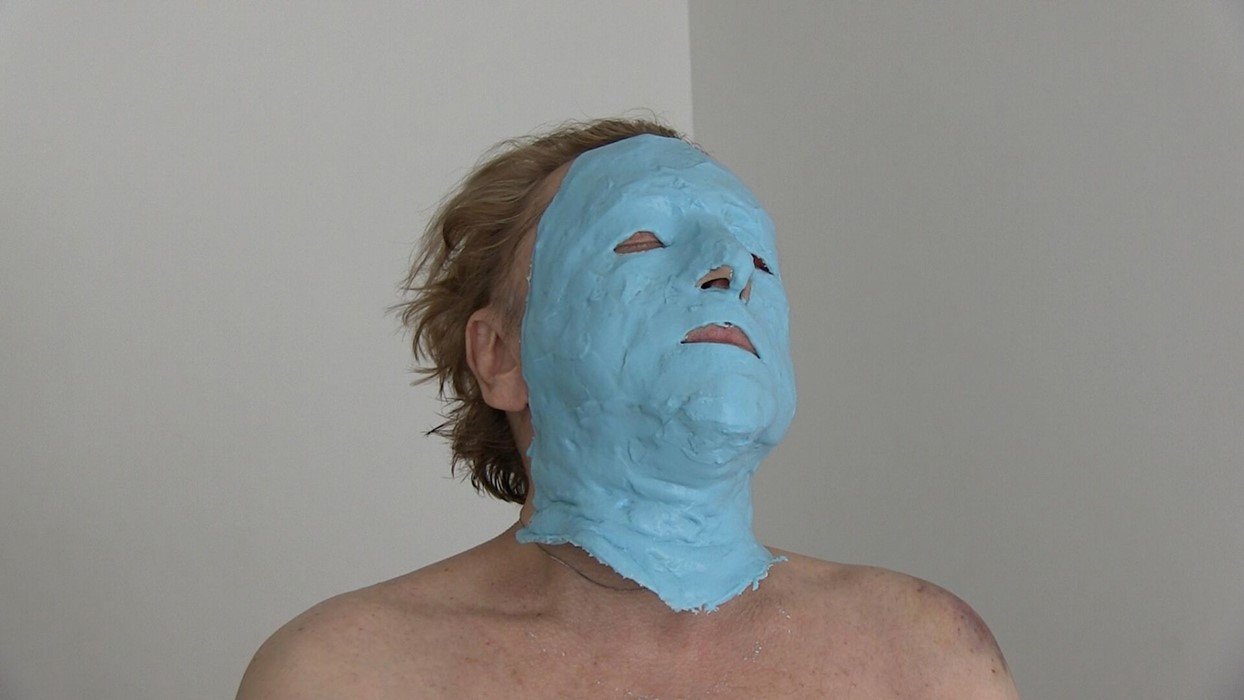
On the use of Berger’s voicemail messages throughout the film...
“The reason I decided to include them is because they are so sincere. Of course Berger is also acting and exaggerating, but in a way they are very honest. He often was very tense when I filmed him. Sometimes I would try for hours to get a relevant sentence out of him and then, suddenly, when I woke up in the morning, in one voicemail message he had left during the night there was everything. All these sleepless nights when he felt lonely and needed someone to talk to... In the intimacy of the night and an old fashioned telephone speaker, he let himself go. But I think this is true for many famous people, just think of Marlene Dietrich or Glenn Gould.”
On John Waters selecting the documentary as his favourite movie of 2015...
“A friend of his saw the film in Venice and suggested he should see it. From what he wrote me after he had watched the film, I knew he liked it a lot. But I had no idea it would end up on top of his list. I admire John Waters. I like his attitude of making no distinction between art and trash. These distinctions often obfuscate the true relations between things. And these distinctions certainly don’t exist for Helmut Berger. So I guess it makes sense that John Waters appreciated the film.”
On the best advice he’s been given...
“Opinions are like assholes. Everybody has one.”
Helmut Berger, Actor screens at Regent Street Cinema tonight as part of Open City Documentary Festival (June 21-26, 2016). Discover the rest of the festival’s programme here.
